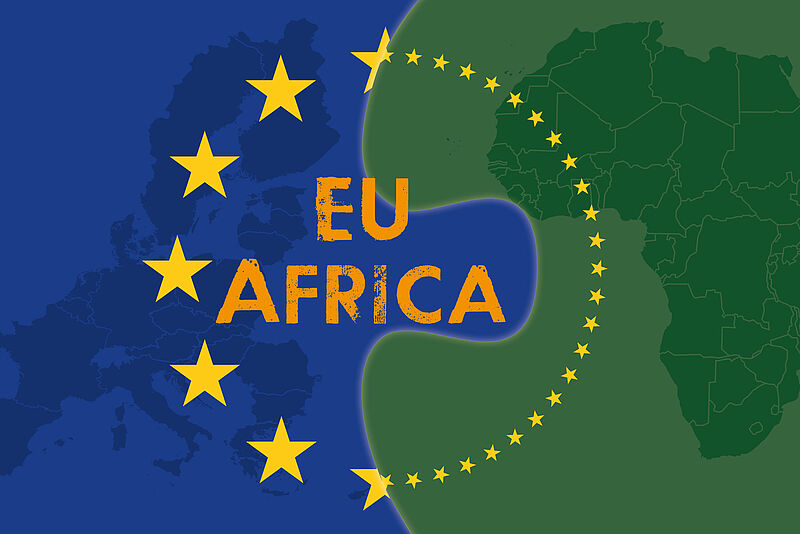- February 4, 2025
- Posted by: Precious David
- Category: Blog

The recent EU emissions report reveals critical insights into global climate strategies that have significant ramifications for African nations, particularly Nigeria. While the report focuses on European progress, its implications extend far beyond the EU’s borders.
Climate Transition and Economic Challenges
The EU’s remarkable 8% net reduction in greenhouse gas emissions in 2023 underscores a pivotal moment in global climate action. For African countries like Nigeria, this presents both opportunities and challenges:
- Renewable Energy Investment Potential
The EU’s shift towards renewable energy, now accounting for 44.7% of electricity generation, signals a global market transformation. Nigeria, with its abundant solar and wind resources, stands to benefit from increased international investment in clean energy infrastructure.
- Economic Restructuring Pressures
The EU’s Emissions Trading System (EU ETS) introduces complex economic dynamics. As European industries face stricter emissions regulations, African nations might experience:
– Potential relocation of carbon-intensive industries
– Increased pressure to develop competitive, low-carbon economic models
– Opportunities for technology transfer and green investment
Nigeria’s Strategic Considerations
Nigeria, Africa’s largest economy, must carefully navigate these emerging global climate dynamics:
– Diversify energy portfolio beyond oil
– Develop robust renewable energy capabilities
– Attract green technology investments
– Create policy frameworks that align with international climate standards
Potential Challenges
The Carbon Border Adjustment Mechanism (CBAM) poses significant challenges for Nigerian exports. Starting January 2026, Nigerian industries exporting carbon-intensive goods to the EU will need to demonstrate compliance with stringent emissions standards or face additional taxation.
Opportunities for Adaptation
Despite challenges, Nigeria can position itself strategically by:
– Investing in renewable energy infrastructure
– Developing carbon measurement and reduction capabilities
– Leveraging international climate finance mechanisms
– Supporting indigenous green technology innovation
The EU’s emissions report is more than a European narrative—it’s a global wake-up call. For Nigeria and Africa, this represents a critical moment to reimagine economic development through a sustainable, low-carbon lens. The path forward requires proactive policy-making, strategic investments, and a commitment to sustainable transformation.
Here are relevant hashtags based on the post’s content:
#RenewableEnergy #EUEmissions #ClimateAction #Nigeria #AfricanEnergy #CBAM #CarbonPricing #EnergyTransition #FossilFuels #GreenEconomy #CleanEnergy #SustainableDevelopment #EnergyPolicy #CarbonRegulation #AfricaTrade #ClimatePolicy #EmissionsTrading #RuralElectrification #GreenJobs #EconomicDiversification #Afrital
